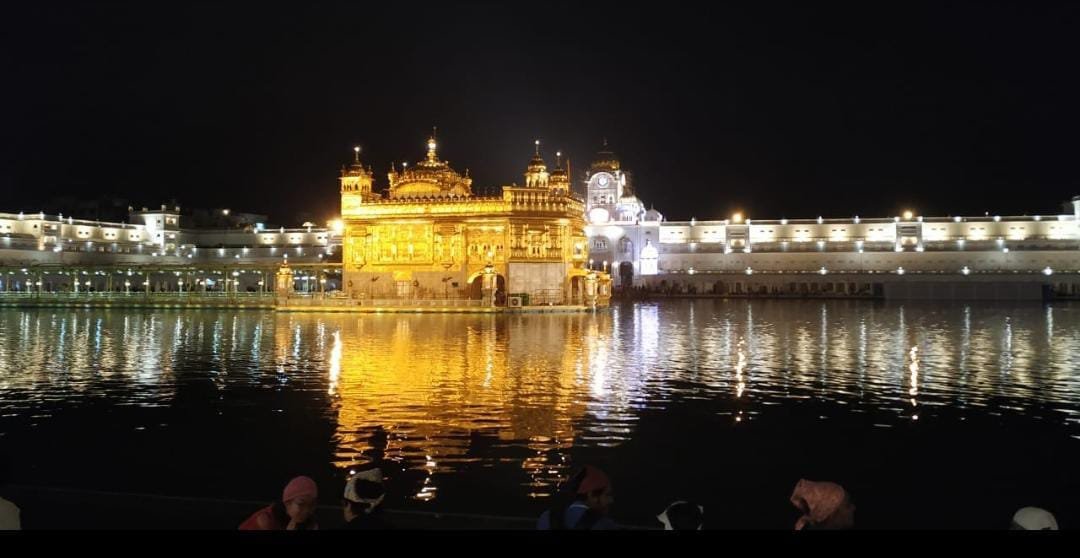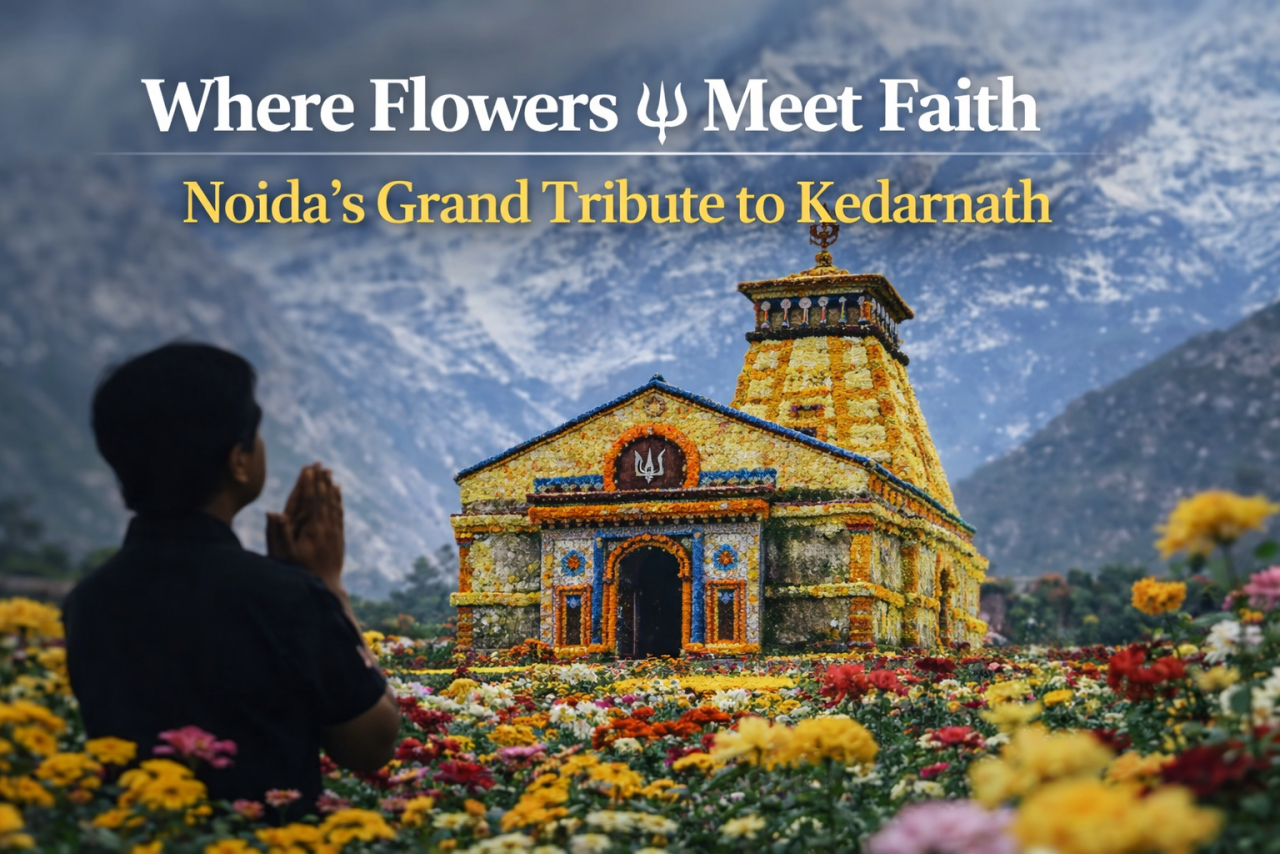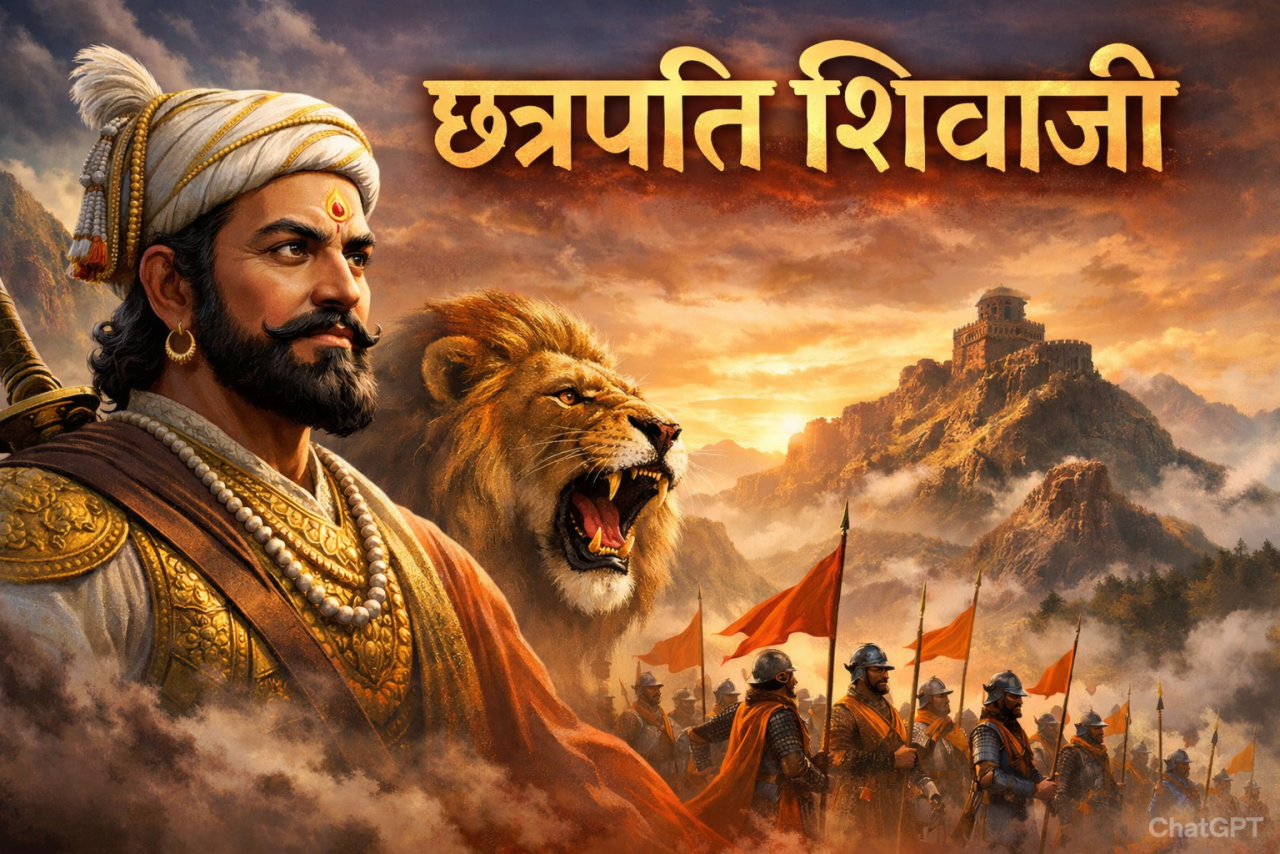
India's ancient religion, Hinduism, extends back to about 2500 BC. The Vedas, Upanishads, Bhagavad Gita, Ramayana, and Mahabharata are some of the holy books in Hinduism. About 500 years ago, Sikhism—which derives influence from Hinduism—emerged as a distinct faith. Sikhs are primarily located in Punjab, while Hindus have spread all over India. Being a Hindu, Guru Nanak Dev Ji cherished learning and exploration. He created a new religion and infused it with what he saw to be the teachings of Islam and Hinduism, the two main religions practices in the Punjab region. Sikhism is a separate and independent religion; it is not part of Hinduism. Guru Nanak Dev Ji established Sikhism in the fifteenth century, in a period of significant social, political, and spiritual conflicts in India. The Sikh word signifies "learned" or "truth-seeker." As a religion, Sikhism is the fifth largest in the world. With an emphasis on the oneness of God, the equality of all people, and the rejection of religious activities, Guru Nanak's teachings came across as an opposition to the dominant religious traditions and attempted to established a new spiritual path. They call the Almighty God Waheguru. Sikhs consider their religion to be a way of life and that they should honour God in all that they do. They also believe in rebirth and karma.
The Sikhs' place of worship is called a Gurudwara. Sikhs gather for various religious and social purposes, such as prayer, reading aloud from the Guru Granth Sahib, and taking part in community outreach programs like Langar, a free communal meal. With the Guru Granth Sahib as its primary source of scripture and a line of ten Gurus who influenced its rituals and beliefs, Sikhism became a separate religion. The Harmandir Sahib includes the Guru Granth Sahib, the primary holy book of Sikhism. The Guru Granth Sahib is honoured by Sikhs as their eternal Guru, and this place of worship is an extremely powerful spiritual site because of its presence. The Golden Temple, also known as Harmandir Sahib, holds great spiritual, historical, and cultural significance for Sikhs. Guru Ram Das Ji laid the foundation for Amritsar. The Akal Takht, founded by Guru Hargobind Singh Ji, is the highest seat of temporal authority in Sikhism. It acts as a centre for debating and resolving issues facing the community. In their daily Ardas (prayer), Sikhs seek to attend and offer their respects at this holy location. Every day, worshippers from all religions also come to pay their respects. Sikhs are required to wear the Five Ks, which are symbols of faith: Kesh, which is uncut hair; Kara, a steel bracelet; Kanga, a wooden comb; Kachera, cotton underwear; and Kirpan, a ceremonial sword. Sikhs regularly wear the distinctive turban, which stands for equality, honour, and self-respect.
Sikhism rejects the caste system, rituals, and superstitions. A close relationship with God and inner devotion are the main points of concentration. For all Sikhs, Singh is the last name of men and Kaur of women. In order to nurture a sense of warrior-like attributes, they adopt them. The caste system is explicitly opposed by the Sikh Gurus, beginning with Guru Nanak. The equality of all people before God's eyes is the core social mantra given by Guru Nanak Dev Ji. Regardless of caste, creed, or social standing, food is served to all at the communal kitchen, aka Langar, which was founded by Guru Nanak. It represents Sikhism's dedication to equality in real life. Everyone eats the same food together on the floor at Langar, which offers free meals to anyone, regardless of caste or rank.
Sikhism is significant not just for its philosophical and spiritual teachings but also for its responsible actions, the unique characteristics it promotes in its followers, and its practical contributions to society. The sacrifices made by Sikhism's Gurus and devotees throughout history have inspired resiliency and bravery in the face of hardships. Sikhs are instructed to lead honest lives and to make their living by moral ways. The core of Sikh discipline is seva, or unselfish service. Volunteering and serving others are encouraged among Sikhs since they are seen as acts of worship to God. This spirit of giving is shown by the many Sikh-run charitable organizations, community projects across the globe, and the distribution of free food and water to all.
Due to a number of factors, including its own unique principles, Sikhism has grown in popularity throughout the world. People around the world are drawn to the central Sikhism ideals of equality, social justice, devotion to humanity, organize disaster relief initiatives and free kitchens (Langar). The core concept of Sikhism is the idea of Seva, or selfless service. Respect and admiration are being shown worldwide for this commitment to helping people, no matter what their origins. The unique turban and other religious symbols that define Sikh identity also add to their powerful and identifiable worldwide presence. Their engagement in international matters, such opposing racism, defending the rights of minorities, and taking part in initiatives to promote peace, demonstrates how Sikh values are put into practice. Gurdwaras are community centres that provide social, medical, and educational support in addition to spiritual direction. They are located all over the world. Vaisakhi, Guru Nanak Gurpurab, and other Sikh holidays are widely observed with great passion and frequently involve parades, open houses, and community events that welcome participation and education about Sikh culture and beliefs from people of all backgrounds.
Sikhism and Hinduism share cultural similarities despite their differing theologies. Because of their common geographic origins, both religions have traditions, holidays, and language traits. For example, although having different spiritual meanings, many Punjabi Sikhs and Hindus celebrate festivals like Diwali and Vaisakhi (celebrated in April, marking the founding of the Khalsa by Guru Gobind Singh Ji in 1699 and the Punjabi harvest festival). The Gurus' integration of teachings by Hindu Bhakti saints into the Guru Granth Sahib is evidence of their spiritual openness and support for an assortment of spiritual practices. Sikhism puts a strong emphasis on equality, communal service, and devotion to God. Daily prayers, leading an honest life, and using the communal kitchen are important rituals (Langar).
Sikhs have always made sacrifices, both historically and currently, which is evidence to their profound faith, moral values, and commitment to defending justice and human rights. The Sikh community's determination, bravery, and unbreakable devotion are demonstrated by these sacrifices. They act as powerful reminders of the significance of opposing injustice and defending the rights and freedoms of every person.
Sikh culture is a dynamic and essential component of the larger cultural landscape of the Punjab region and beyond, particularly as practiced by Sikhs. Engaging music and bhangra dance, delicious meals (like Chole Bhature, Makki di Roti (cornbread), and Sarson da Saag (mustard greens), Punjabi language, vibrant festivals, media representation, global migration, unique fashion, and strong community values are all factors contributing to the popularity of Punjabi culture.
Hinduism and Sikhism are separate religious traditions with different identities, practices, and beliefs, although they have historical and cultural similarities. Sikhism has developed as a distinct religion with its own texts, ideological foundations, and social norms. Understanding Sikhism's uniqueness is crucial to understanding its contributions to the global religious and cultural scene as well as that of the Indian subcontinent. Therefore, considering Sikhism to be a distinct religion rather than a part or component of Hinduism is more realistic.





















